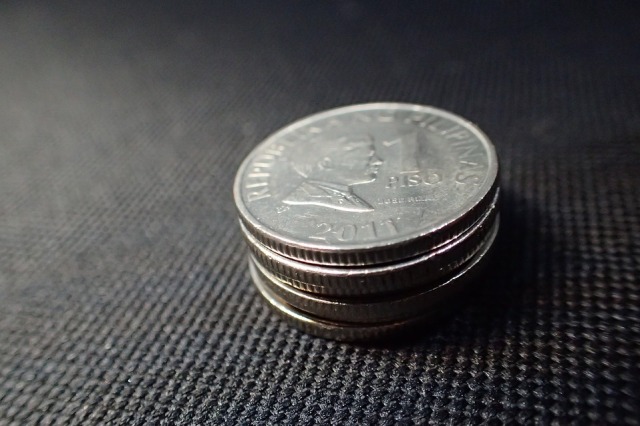Philippines: Peso drops to 51.34:$1
MANILA, Philippines – The peso continued yesterday to lose more ground against the dollar, shedding 26 centavos to close at its weakest level in almost 11 years.
The local currency closed at 51.34 from Monday’s 51.08 to $1. This was the weakest level for the peso since closing at 51.38 to $1 on Aug. 25, 2006.
It opened weaker at 51.20 and hit an intraday low of 51.35. Volume reached $659 million, more than double the $291.5 million registered last Monday.
In its weekly views, Metrobank expects the peso to trade between 50.70 and 51.70 to $1 this week due to geopolitical fears amid the rising tension between the US and North Korea.
With new fiery rhetoric coming out of Washington and North Korea, this week’s Federal Open Market Committee (FOMC) minutes may not hog the spotlight given the increased demand for safe-haven bets such as the dollar, Japanese yen and the Swiss franc.
Metrobank said markets could be forced to brush top-tier economic data as geopolitical fears take the center stage.
The government is set to release the second quarter and first half gross domestic product (GDP) growth figures tomorrow.
“This week it goes to be seen if risk aversion from geopolitical tensions will push the peso to new year-to-date lows as we have tested and broken the pivotal level of 51 to $1. Continue to be wary on volatility this week and expect the pair to be easily swayed by surprise headline news,” the bank said
ANZ Bank said the depreciation of the peso would have been larger in the absence of the intervention by the BSP as it is now the region’s worst performing currency year-to-date.
ANZ Bank said the strong growth registered over the past few years has resulted in the build-up of imbalances in the economy.
It added the imbalances would persist as the Bangko Sentral ng Pilipinas (BSP) continued to hesitate to tighten monetary policy.
“As a result, it will be the peso that would need to bear the burden of adjustment. The deterioration in the current account since 2015 has already led to a weakening peso. With the current account now slipping into deficit, pressure on the peso will remain,” ANZ Bank said.
Over the weekend, BSP Governor Nestor Espenilla Jr. assured there would be no free fall for the peso because of the country’s strong economic fundamentals.
Source: http://www.philstar.com/business/2017/08/16/1729467/peso-drops-51.341


 Thailand
Thailand




